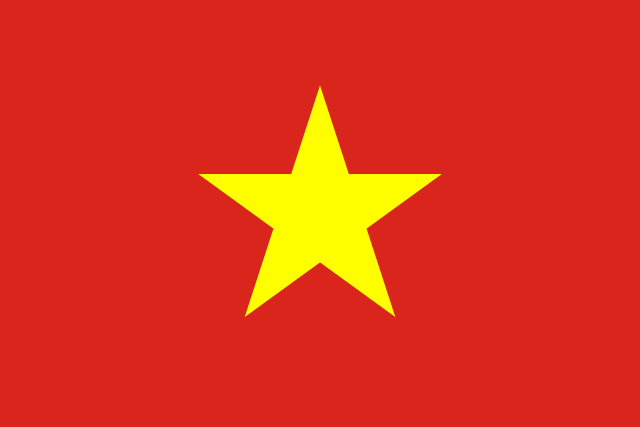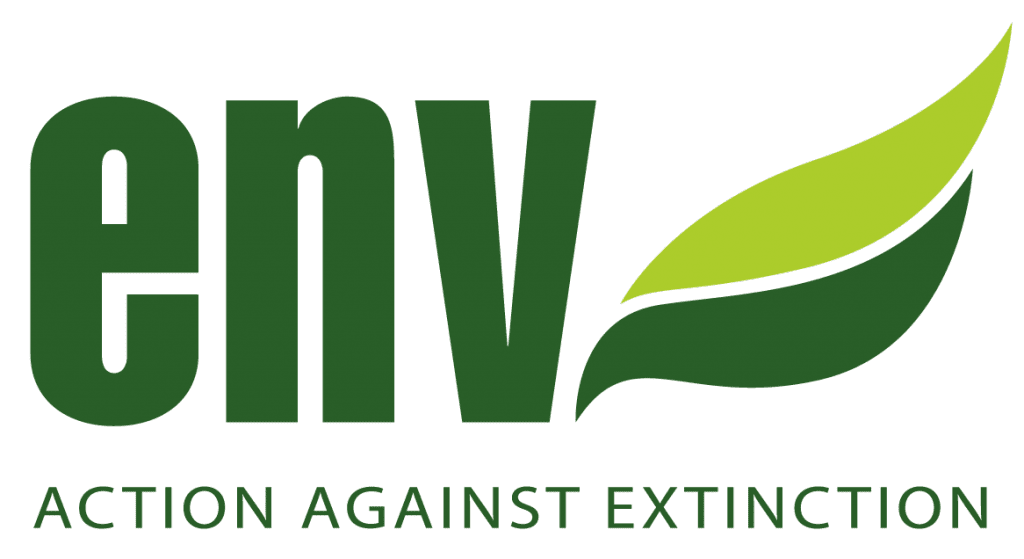Johannesburg, South Africa, September 13, 2014 – After travelling just 15 minutes by helicopter into the interior of South Africa’s Kruger National Park, diva Hong Nhung is confronted by the grim reality of the illegal rhino horn trade: the remains of a dead rhino, shot by poachers and left to die in the bush. A ranger from the elite anti-poaching team points to where the horn was hacked away from the rhino’s face, probably while the animal was still alive.
Hong Nhung approaches the crime scene
Hong Nhung is in South Africa as part of a delegation from Vietnam, witnessing first-hand how consumer demand for rhino horn in Vietnam and other Asian countries is driving the killing of rhinos.
“I am really shocked at this brutal crime scene. This rhino has been hunted down and its horn hacked off its face, its blood was still running. This is the most brutal crime scene that I have ever witnessed. Just two days ago, this rhino would have been enjoying its freedom…now it is just a dead body. I have now seen the sickening truth of the rhino massacre here in South Africa, but many Vietnamese people back home do not understand the severe consequences of rhino horn consumption. When I get back to Vietnam, I will speak about my experiences so that they understand and feel the severity of this senseless killing, and the impact it is having on these amazing animals”, says Hong Nhung, as she stares down at the lifeless rhino.
Hong Nhung is shocked and upset at the grisly crime scene
The dead rhino, discovered by Kruger National Park authorities, is the 758th rhino killed this year in South Africa, according to official figures. “The horn is likely on its way to Vietnam or China by now,” said Andrew Paterson, CEO of Rhinose Foundation, which organized and hosted the delegation’s visit to South Africa. “This is a war we must fight on two fronts”, says Paterson. “In South Africa, we must put an end to the slaughter of rhinos. In consumer countries like Vietnam, we need to address consumption, making people aware that their seemingly harmless act of using rhino horn is killing these amazing animals and fueling criminal networks around the globe.”
The 758th rhino killed in South Africa in 2014
According to Ms. Vu Thi Quyen, Executive director of Education for Nature-Vietnam (ENV), “The demand for rhino horn in Vietnam has continued to rise over the past decade. In Vietnam, rhino horn is used by wealthy groups of people as a symbol of success, whilst some others also falsely believe that it can cure a range of health problems, even cancer. These people don’t realize that their actions have a huge negative impact on wild rhino populations around the world, and ENV has therefore been working hard to change these mindsets,” says Quyen.
As they leave the site of the dead rhino, Hong Nhung stares down from the cockpit of the helicopter at the dead animal below. The gust caused by the helicopter’s rotor blades kicks up an explosion of dust from the ground obscuring the dead rhino from view, but not from Hong Nhung’s mind. “How could I put this out of my mind,” says Hong Nhung. “What is happening to these beautiful creatures is truly a tragedy. It needs to stop, and we all need to do our part in Vietnam to eliminate the demand that fuels this senseless slaughter.”
Hong Nhung looks back at the grisly scene, which she will surely never forget
This was the fifth day of the ten-day visit to South Africa, organized and sponsored by the Rhinose Foundation, conducted in partnership with ENV, and sponsored by Humane Society International – Australia. The delegation also includes TV and print journalists, a high-ranking officer from the Anti-smuggling and Investigation Department within central Vietnam Customs, and wildlife conservation experts from ENV. They are in South Africa to help develop a better understanding of the crisis facing rhinos in the wild, and will soon return to Vietnam to share their experiences, helping to raise awareness amongst consumers and strengthening political support aimed at reducing demand.




